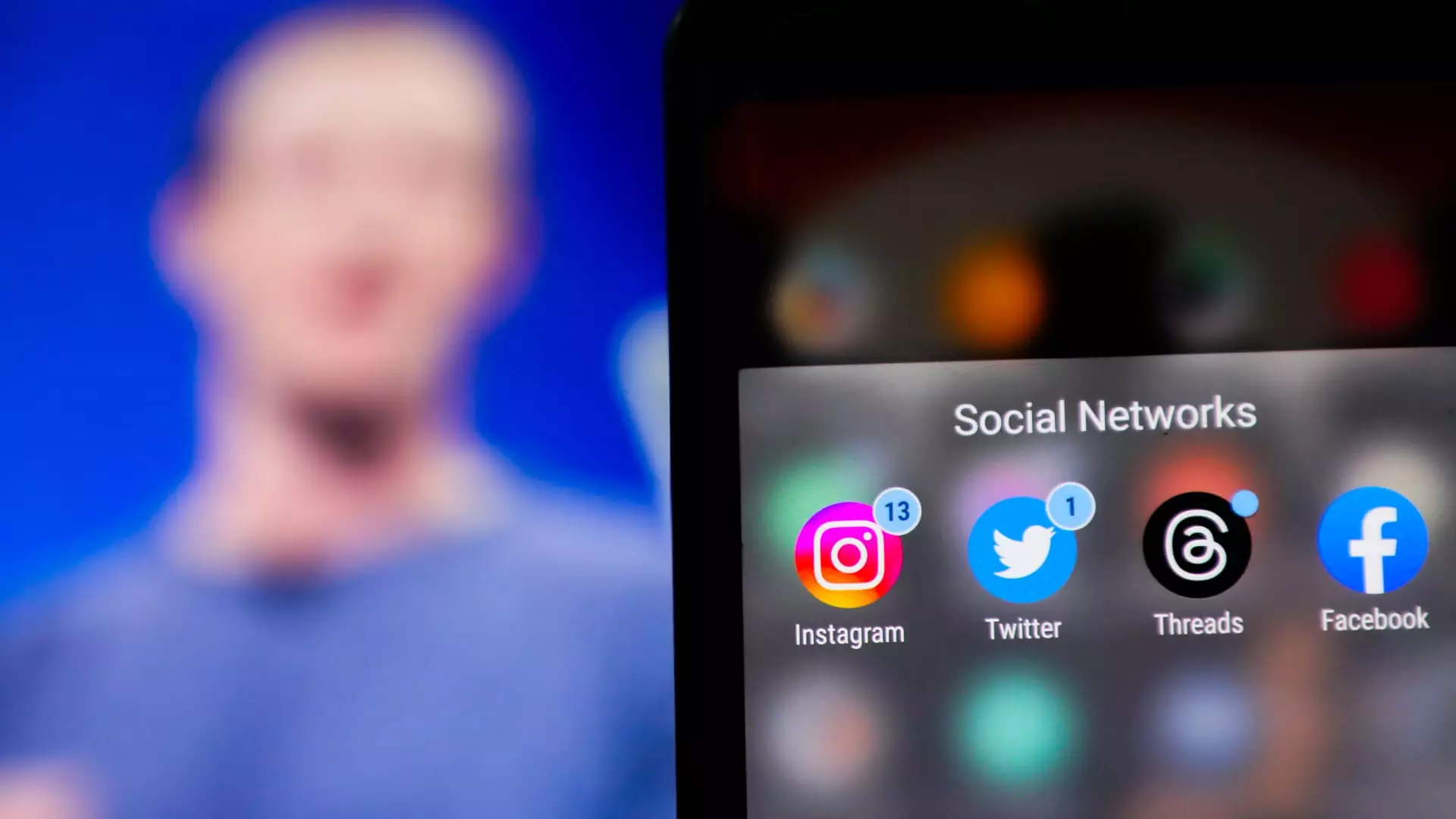In an era where tech giants dominate the digital landscape, the recent revelations from Meta CEO Mark Zuckerberg’s testimony during an antitrust trial pose significant ethical questions. The 2018 emails, unveiled in a Washington D.C. court, illustrate Zuckerberg’s strategic contemplation of spinning out Instagram and other acquisitions due to growing antitrust scrutiny. This situation underscores a profound dilemma facing the tech industry: Does the pursuit of innovation justify monopolistic behavior?
Zuckerberg’s reflections in those emails reveal not only foresight but also a troubling awareness of the power dynamics at play. His acknowledgement that Facebook might be compelled to spin off Instagram and WhatsApp lends credence to the accusations that Meta is riding the fine line of anti-competitive practices. One can’t help but be struck by the irony; the very innovations that fuel these companies often lead to their own downfalls. Instead of prioritizing user-friendly experiences or ethical technologies, executives like Zuckerberg seem preoccupied with securing their empires against potential market disruptions.
The Acquisition Chronicles
When Zuckerberg acquired Instagram for $1 billion in 2012, it was a bold move that reshaped social media’s trajectory. At that point, Instagram had just 13 employees and a spark of creativity that rivaled even the most established players in the market. In hindsight, this acquisition appears to be a strategic masterstroke—one that has minimized competition but simultaneously showcased the pitfalls of unchecked corporate consolidation.
Zuckerberg’s revelation that Instagram “would likely be around the size of Twitter or Snapchat” had it remained independent is telling. This makes one ponder: What if competitors had been allowed to flourish? The market might have been richer for it. Instagram’s meteoric rise has arguably stifled innovation, pushing diverse platforms to stagnation, as the relentless pursuit of user engagement and profit trumps the ethos of fostering a variety of voices online.
The Bigger Picture of Market Dynamics
The FTC’s challenge against Meta is crucial; it signifies the growing resolve to tackle monopolistic ventures in tech. The lawsuit is not just an attempt to dismantle Meta’s acquisitions, but a clarion call to redefine the boundaries of fair competition in a rapidly evolving digital age. By citing not just Snapchat but also rivals like TikTok and Apple’s iMessage, the FTC is presenting a broader view of the digital marketplace.
It’s essential to recognize that the market isn’t just about survival of the fittest but also nurturing diverse platforms that cater to varied user needs. The app ecosystem deserves a healthy environment where companies can grow without being overshadowed by a few internet behemoths. It raises an unsettling question: is it possible to foster genuine innovation when the stakes involve potentially stifling competition through acquisitions?
Ultimately, while Zuckerberg’s strategy may reflect prudence in a corporate sense, it reveals a deeper malaise within the industry—an ethical crisis that hinges on what we value more: corporate dominance or the democratization of technology. As this trial unfolds, it is vital that we explore these narratives critically and consider the long-term implications of leaving innovation and competition in the hands of a select few.


Leave a Reply